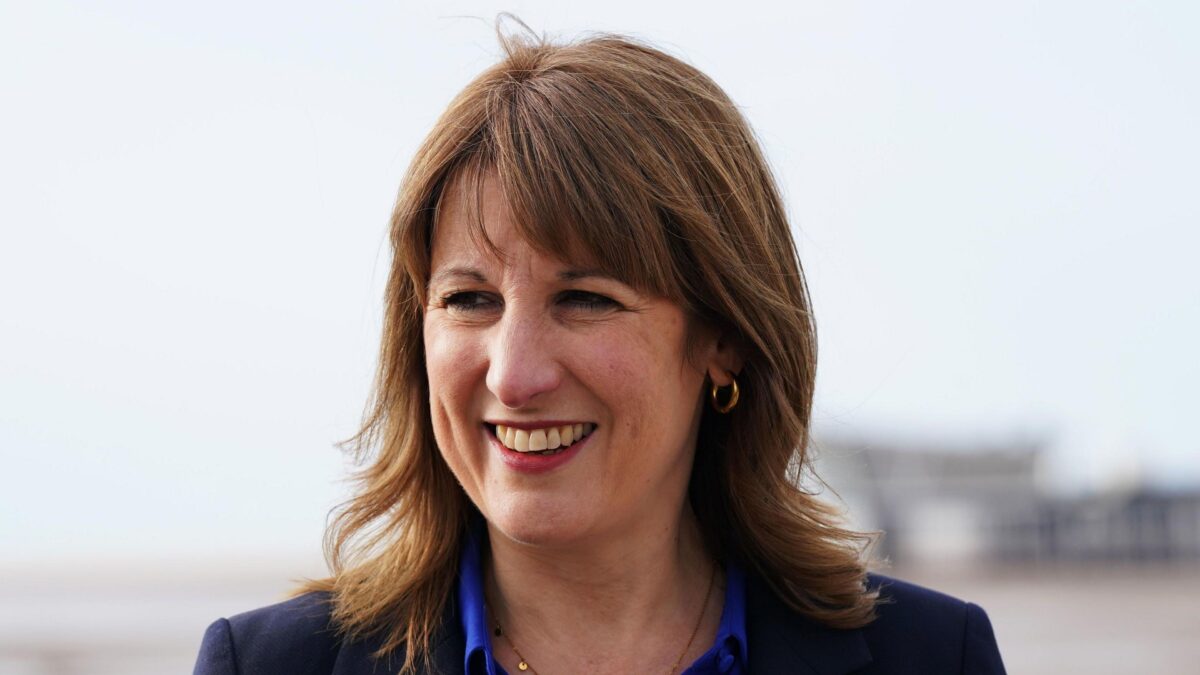UK budget 2025 shocker: Rachel Reeves scraps two-child benefit cap and hits wealthy homeowners with mansion tax

UK budget 2025 shocker: Rachel Reeves scraps two-child benefit cap and hits wealthy homeowners with mansion tax
The UK Chancellor Rachel Reeves faced a rocky start to her 2025 budget announcement after an unprecedented mishap saw the Office for Budget Responsibility (OBR) release their analysis of her fiscal plans ahead of schedule. The leak drew criticism from the shadow chancellor, Mel Stride, who called the incident “outrageous.”
Despite the early release, Reeves moved quickly to focus attention on her priorities: reviving the economy, investing in public services, and shielding working families from excessive tax burdens. Opening her address, she described the OBR’s error as “deeply disappointing” but pivoted to highlight the government’s plans to overhaul trade, reform visas, and adjust fiscal rules to raise public investment to levels not seen in four decades. She emphasized that taxes on the wealthiest have been crucial in addressing the £22bn shortfall left by the previous Conservative government, while funding the National Health Service and essential public services.
Reeves strongly rejected calls from opponents who argue for minimal state intervention. “Working people demanded and deserved change,” she asserted, reaffirming commitments to reduce living costs, curb borrowing, and avoid a return to austerity.
Key Tax Measures
Income Tax and National Insurance: Reeves confirmed a three-year freeze on income tax and national insurance thresholds from 2028. While this will increase tax liability for some as more individuals move into higher bands, she insisted that reforms ensure the wealthiest contribute their fair share. Basic rates of income tax, VAT, and national insurance remain unchanged, fulfilling Labour’s pledge not to raise taxes for working families.
Property and Council Taxes: Property, dividend, and savings income taxes will rise by two percentage points. Additionally, properties worth over £2 million will incur a £2,500 annual council tax surcharge, escalating to £7,500 for homes above £5 million. The measures reflect Labour’s responsiveness to calls for a mansion tax while balancing political and revenue concerns.
Pensions and Savings: A £2,000 cap on salary-sacrifice pension contributions will take effect in 2029, generating an estimated £4.7bn. ISA cash limits will drop from £20,000 to £12,000 starting in April 2027, though stocks and shares ISAs remain unaffected, and those over 65 are exempt.
Cost of Living Relief: The controversial Energy Company Obligation (ECO) scheme is being scrapped, with Reeves promising a £150 reduction on energy bills next year. Minimum wages for 18- to 20-year-olds will rise to £10.85, and the living wage increases to £12.71.
Tobacco, Alcohol, and Sugar Levies: Tobacco duties will continue to rise above inflation, alcohol duties will track inflation, and the sugar levy will extend to milkshakes and pre-packaged lattes, reflecting public health priorities.
Fuel and Electric Vehicles: Fuel duty remains frozen until September 2026, but new excise duties for electric cars (3p per mile) and plug-in hybrids (1.5p per mile) will help fund road maintenance, generating approximately £1.9bn annually.
Public Services and Welfare
Reeves pledged £26bn in tax revenues will support schools, healthcare, and local infrastructure. Highlights include 250 new local health centers, £18m for playground upgrades, and £5m for secondary school libraries. The two-child benefit cap is being abolished, a move that will aid around 450,000 children and cost £3bn by 2029-30.
Universal Credit reforms are expected to return 15,000 people to work, and apprenticeships for SMEs will remain free. Funding adjustments to disability benefits and the Motability scheme could spark debate among advocates.
Regional and Business Support
Devolved administrations will receive billions for skills, infrastructure, and economic growth, including AI zones in Wales generating over 8,000 jobs. Business incentives include expanded enterprise schemes, stamp duty exemptions for listed firms, and permanent reductions in business rates for 750,000 retail, hospitality, and leisure businesses.
Borrowing, Debt, and Growth
The OBR predicts borrowing of £138.3bn in 2025-26, falling to £67.2bn by 2030-31. Government debt is projected to decrease across all years, with surpluses emerging from 2029. Growth forecasts for 2025 are slightly improved at 1.5%, though subsequent years show modest downgrades. Inflation is slightly higher than previously projected, highlighting ongoing cost-of-living pressures.
Reeves framed her budget around “choices,” emphasizing targeted tax increases, improved public services, and relief for working families, rejecting austerity and reckless borrowing.
FAQ
Q: Will working families see income tax rises?
A: No. Basic income tax rates remain unchanged, and new tax measures focus on higher earners.
Q: What changes will occur to the two-child benefit cap?
A: The cap will be abolished, benefiting around 450,000 children in low-income families.
Q: Are there new taxes on energy or fuel?
A: Energy bills are expected to fall by £150 next year due to the scrapping of the ECO scheme. Fuel duty remains frozen until September 2026.
Q: How will the mansion tax work?
A: Properties over £2 million will pay a council tax surcharge, rising with property value.
Q: What measures support young workers?
A: Minimum wage increases and apprenticeship subsidies aim to help young people enter and stay in the workforce.




